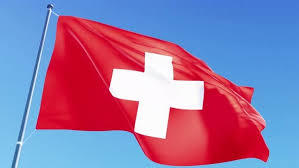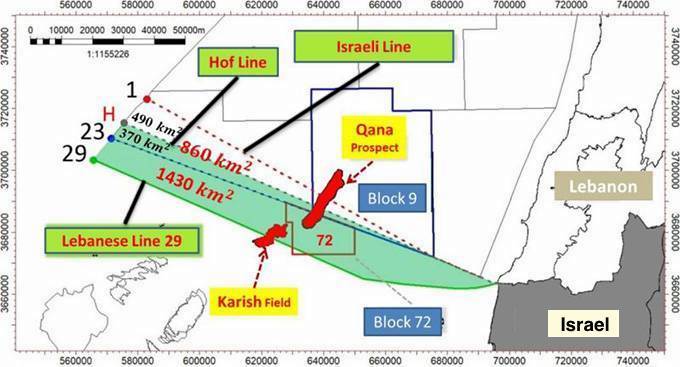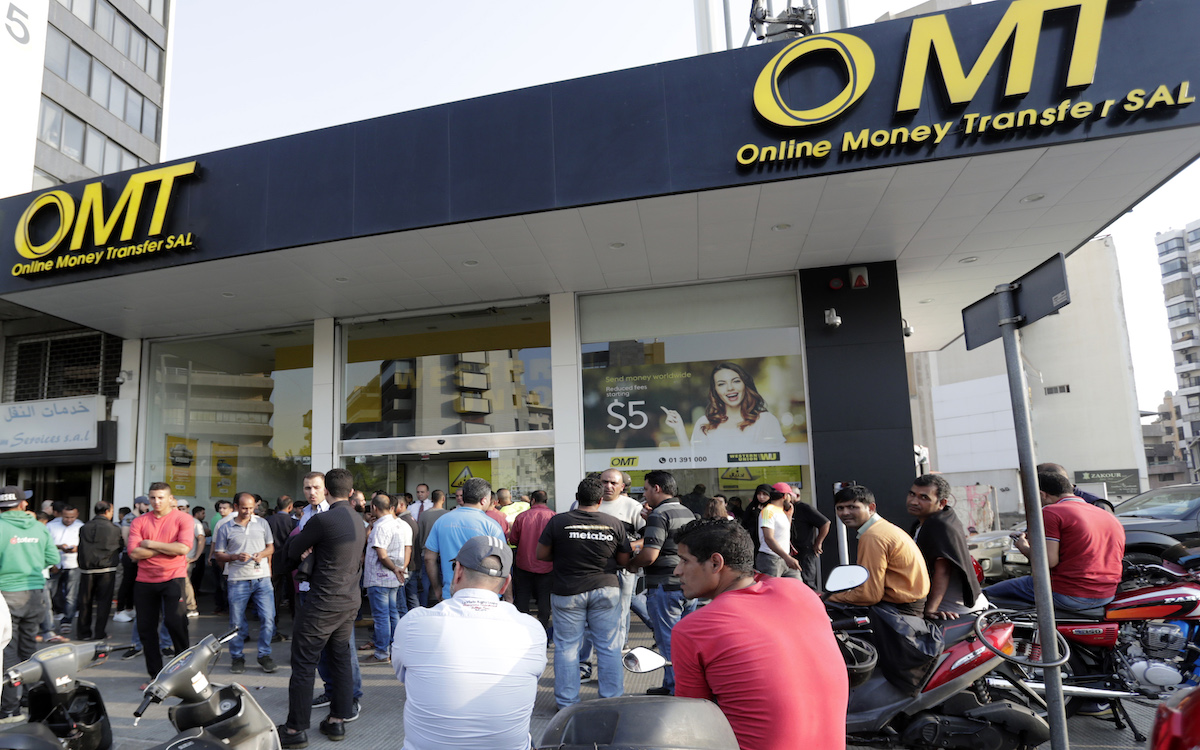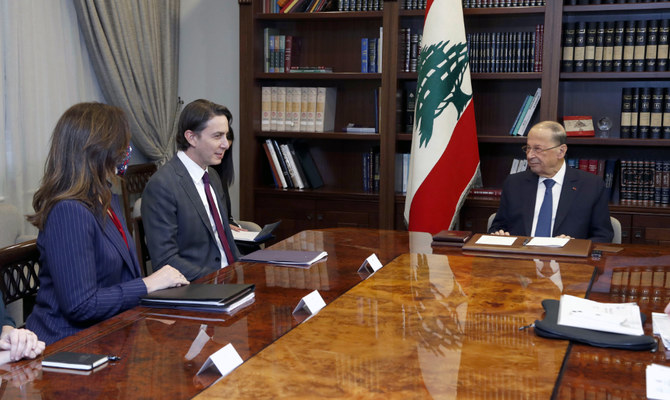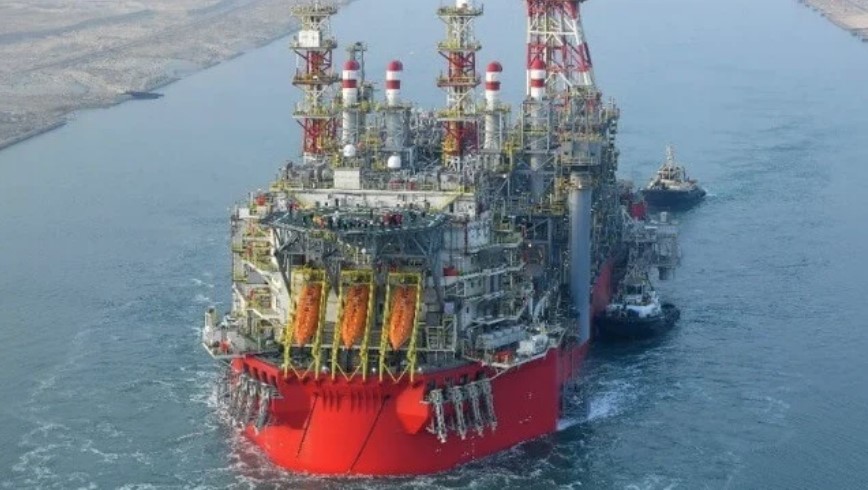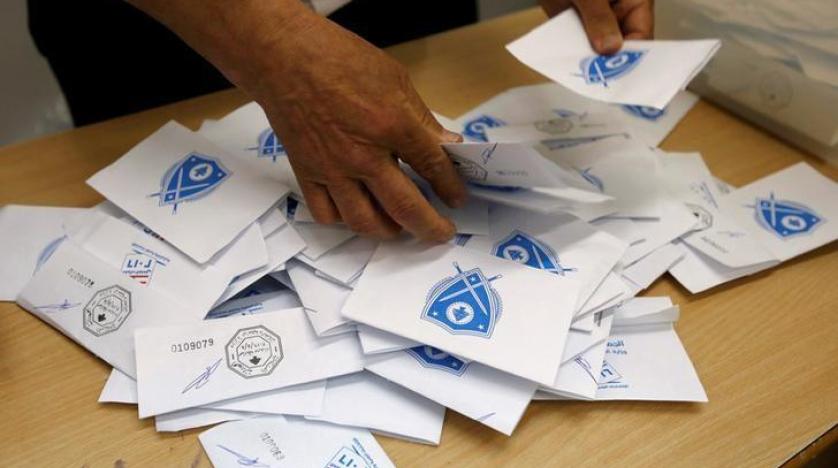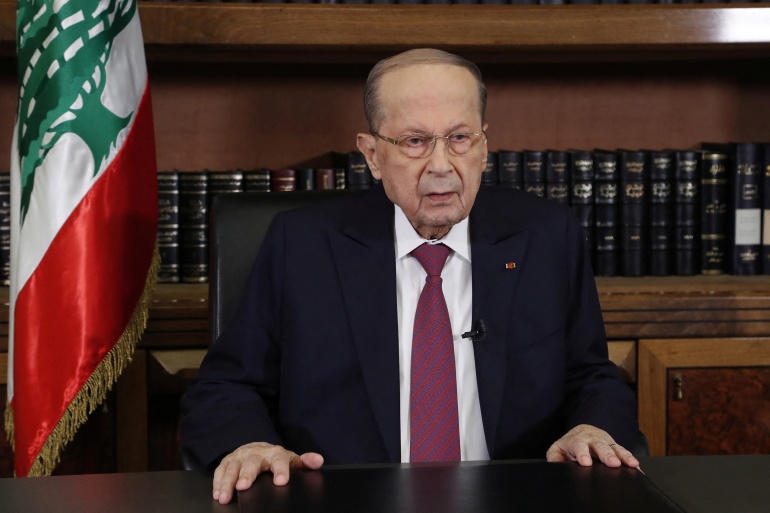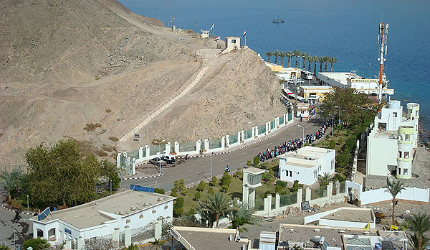
By Laila Bassam & Maya Gebailey — BEIRUT, (Reuters) -Before Lebanon’s government approved a U.S.-brokered deal settling a decades-long maritime boundary dispute with Israel, the powerful Hezbollah had scrutinized the final draft line by line and given a crucial nod of acceptance. Branded a terrorist group by Washington and a sworn enemy of Israel, the Iran-backed Hezbollah was certainly nowhere near the negotiating room during U.S. shuttle diplomacy which clinched the landmark deal last week. But behind the scenes, the heavily armed group was being briefed on the details and expressing its views even as it threatened military action were Lebanon’s interests not secured, according to sources familiar with Hezbollah’s thinking, a Lebanese official and a Western source familiar with the process.
An unprecedented compromise between the enemy states, the deal opens the way for offshore energy exploration and defuses one source of potential conflict between Israel and Hezbollah. Observers say the deal was all the more significant for the pragmatism shown by Hezbollah, pointing to the shifting priorities of a group set up four decades ago by Iran’s Revolutionary Guards to fight Israel. “The Hezbollah leadership scrutinized the understanding line by line before agreeing to it,” said one of the sources familiar with the group’s thinking.
After spending much of the last decade deploying fighters and military expertise across the Middle East to help Iran’s allies, notably President Bashar al-Assad of Syria, Hezbollah’s focus is today squarely on Lebanon – a country in deep crisis. More involved than ever in state affairs, Hezbollah has said offshore oil and gas are the only way for Lebanon to emerge from a devastating financial meltdown that has hit all Lebanese hard, including its large Shi’ite constituency. Though Hezbollah says it does not fear war with Israel, the group has also said it does not seek one with a formidable foe which staged major invasions of Lebanon in 1978 and 1982. Lebanon took years to rebuild from the last war in 2006 – much of the bill paid by Gulf Arabs who have since shunned Beirut because of Hezbollah’s sway. And while Tehran’s support remains strong, Western sanctions have squeezed the amount of cash Iran can send the group.
